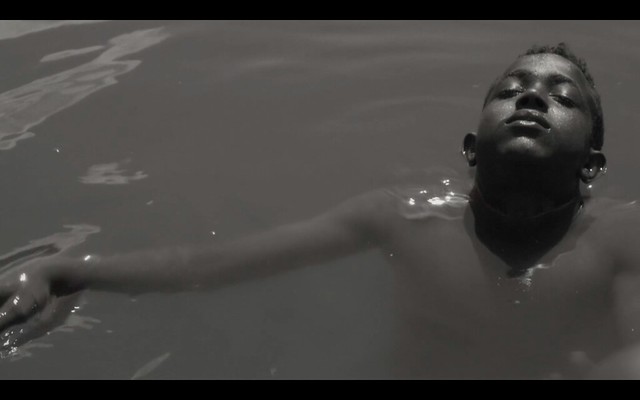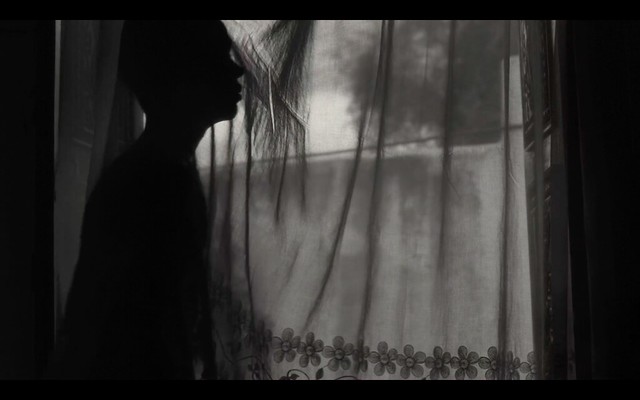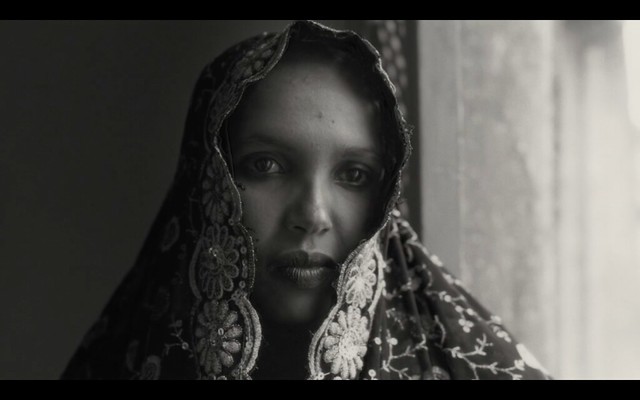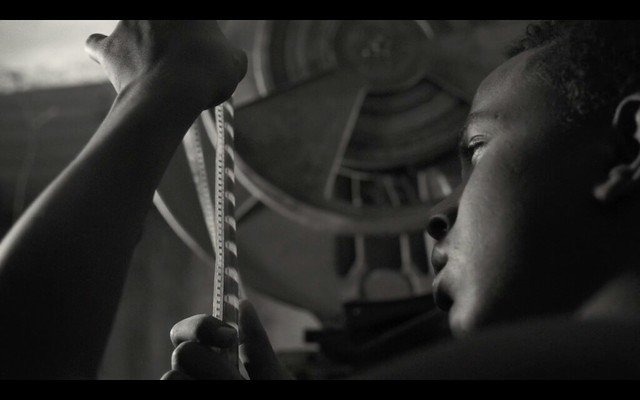Faya Dayi (2021) - Beshir











 Could an anthropological study of the effects of khat, a flowering plant that has euphoric property when chewed, in Hararar, the walled city in Ethiopia, also be a stunning art film? Mexican-Ethiopian director Jessica Beshir proves that it can, with Faya Dayi, her mesmeric, immersive patchwork, shot mostly in silvery black & white. In here, every one of its hazy frame is a work of art. The film is visualized version of the phrase of a mystical sage or a lofty philosopher - Life is nothing but a waking dream.
Could an anthropological study of the effects of khat, a flowering plant that has euphoric property when chewed, in Hararar, the walled city in Ethiopia, also be a stunning art film? Mexican-Ethiopian director Jessica Beshir proves that it can, with Faya Dayi, her mesmeric, immersive patchwork, shot mostly in silvery black & white. In here, every one of its hazy frame is a work of art. The film is visualized version of the phrase of a mystical sage or a lofty philosopher - Life is nothing but a waking dream.
Along with dreamy images and scattered narrations, Beshir languidly builds upon the creation myth of khat, which involves the quest for Maoul Hayat, the water of eternal life. It seems every adult chews khat in Ethiopia, to get away, to escape harsh reality. For the younger generations though, for their future, they dream of fleeing to Europe, to Middle East, to other countries, even if it means risking their lives in an often perilous and costly journey and enduring lifetime of solitude and homesickness in a foreign land.
There is a loose narrative, which concerns a young boy named Mohammad. He is a thin thread connecting the filmmaker's intergenerational observations. Mohammad is first seen with an older boy who fled the dreadful khat dominated life (to Egypt) only to come back to take care of his mother. For Mohammad, living with an abusive khat addicted father and missing his mother who fled to Saudi Arabia for better life, Hararar doesn't hold a future for him.
We see the full picture of the local economy based on khat, from its harvest to processing to distribution to consumption. And it's a long grueling process all done manually. It’s the industry’s berth, employing vast section of the country’s labor market that is truly astounding.
We are introduced to many of Hararar's inhabitants - there are women pining for lost love, a young man thrown into the khat industry because of the family tragedy that has befallen, the local sheiks with their prayer beads and scriptures, young naked children playing in ever receding ankle deep river. There's also a talk of street demonstrations and political prisoners among Oromo people, an oppressed ethnic minority trying to get by under the hostile Ethiopian regime.
Beauty is in the shadows and silhouettes. It's in billowing curtains and in smoke of the ceremonial incense, in a group of black birds perched precariously on the tree branches on a windy night, in the water ripples, in the blackness of a woman's hijab against the white wall, in sleeping stray dogs, in cheap strobing lights on Mohammed's face, even in newly harvested shiny khat leaves.
Khat as the myth goes, was a compensatory prize from god, for the journeyman who missed out on Maoul Hayat, to forget his sorrows.
Dry anthropological documentaries are dime a dozen. Bashir in her debut film, with immersive and stunning visuals, achieves something extraordinary here. Faya Dayi transcends its filmic categories and achieves a deeply spiritual and contemplative viewing experience.